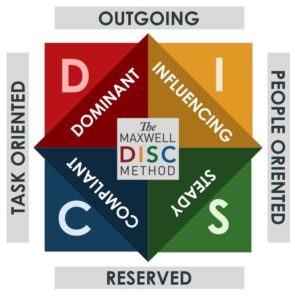Surviving—and Thriving—Under a Toxic Boss: 3 Key Actions to Protect Your Well-being
Navigating the workplace under a toxic boss can feel overwhelming, but it doesn’t have to define your career or personal happiness. Whether it’s constant micromanaging, unrealistic expectations, or an unconstructive communication style, taking thoughtful and proactive steps can make a world of difference. Here are three essential actions to help you address the issue:
1. Focus on Building Boundaries
A toxic boss often tests limits, so it’s crucial to establish and maintain your boundaries. Politely but firmly communicate what you need to stay productive. For example, if you’re receiving messages outside work hours, express when you’re available. Boundaries not only protect your mental health but also set the tone for mutual respect.
Pro Tip: Use confident, non-confrontational phrases like, “For us to meet deadlines effectively, here’s what I propose…”
2. Document and Stay Professional
When toxic behavior crosses into unprofessional territory, keep a record. Note dates, specifics, and the impact on your work—this can be crucial if escalation becomes necessary. No matter the provocation, always maintain a professional demeanor. This not only protects your reputation but strengthens your case if HR or upper management gets involved.
Pro Tip: Ensure your documentation is fact-based, not emotional. Stick to what can be verified.
3. Seek Allies and Use Resources
You’re not alone. Speak with trusted colleagues to confirm if others are experiencing similar behavior. Together, you can discuss concerns with HR or a higher authority. If your company offers resources like counseling, an ombudsman, or mentorship programs, take advantage of them. Strength lies in unity and support systems.
Pro Tip: Frame your approach constructively. Focus on solutions rather than accusations to make your concerns more effective.
Final Thoughts
Working under a toxic boss is undeniably challenging, but it’s also an opportunity to build resilience and refine your career strategies. By setting boundaries, documenting facts, and seeking support, you empower yourself to rise above workplace toxicity. And remember, your mental well-being and professional growth should always come first.

 Conclusion
Conclusion